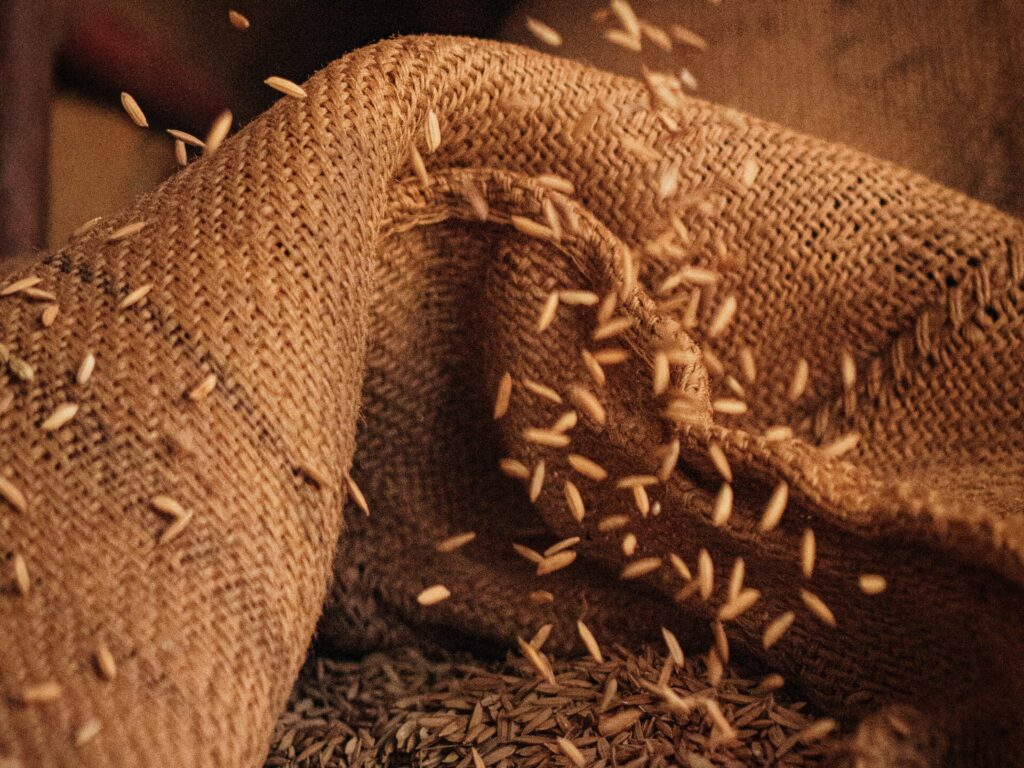
Food Sectors
Seed production
Seed producers grow plants to both supply seed to farmers and crofters, and develop new varieties.
Updated 9 May 2024
Becoming a seed producer
Land registration
To produce seeds, you must register your agricultural land and farm/croft business with the Rural Payments and Inspections Division (RPID) even if you do not withdraw subsidies. It is free and requires basic information about your agricultural holding.
Register your farm/croft with RPID online or complete this form. You can then register your land with RPID online, or complete this form.
You will get two types of numbers:
- Business Reference Number (BRN) for your farm/croft business
- Land Parcel Identifies (LPIDs) for your fields
If you need help, contact your local RPID office.
Registering as a Professional Seed Operator
You are legally required to register as a Professional Seed Operator (PSO) to sell, process, and package seed. The PSO licence will last for 5 years, after which you will need to re-apply.
To apply, complete this PSO application form and send it to SASA (Science and Advice for Scottish Agriculture). After your licence is approved, you will be added to the public PSO register.
You do not need this licence if you grow seed on a contract for a seed company.
Setting up your business
If you earn more than £1,000 per year from producing seeds, you need to register as a sole trader, or set up a business partnership or a limited company. You will also need to pay income tax on your profits and keep records. You might also want to draft a business plan to keep track of your accounts – this guide by the Landworkers’ Alliance is a good starting point.
Insurances
Getting a general liability insurance will cover other people getting injured because of your operations or produce. You may also consider income protection/personal accident insurances.
Keeping records
As a Professional Seed Operator, you are legally required to keep records of all seed you produce, package, and sell. You must make these records available to SASA to inspect if requested. You should also keep records of your financial accounts as a business.
Keep records of:
- All documents relating to seed certification, including crop inspection reports, for three years.
- Any treatments or other processes done on the seed.
- Any seed testing results (e.g., germination testing). Keep these at least 12 months after your seed has been delivered to the buyer.
- All purchases and sales of seed by seed lot, regardless of whether they are certified.